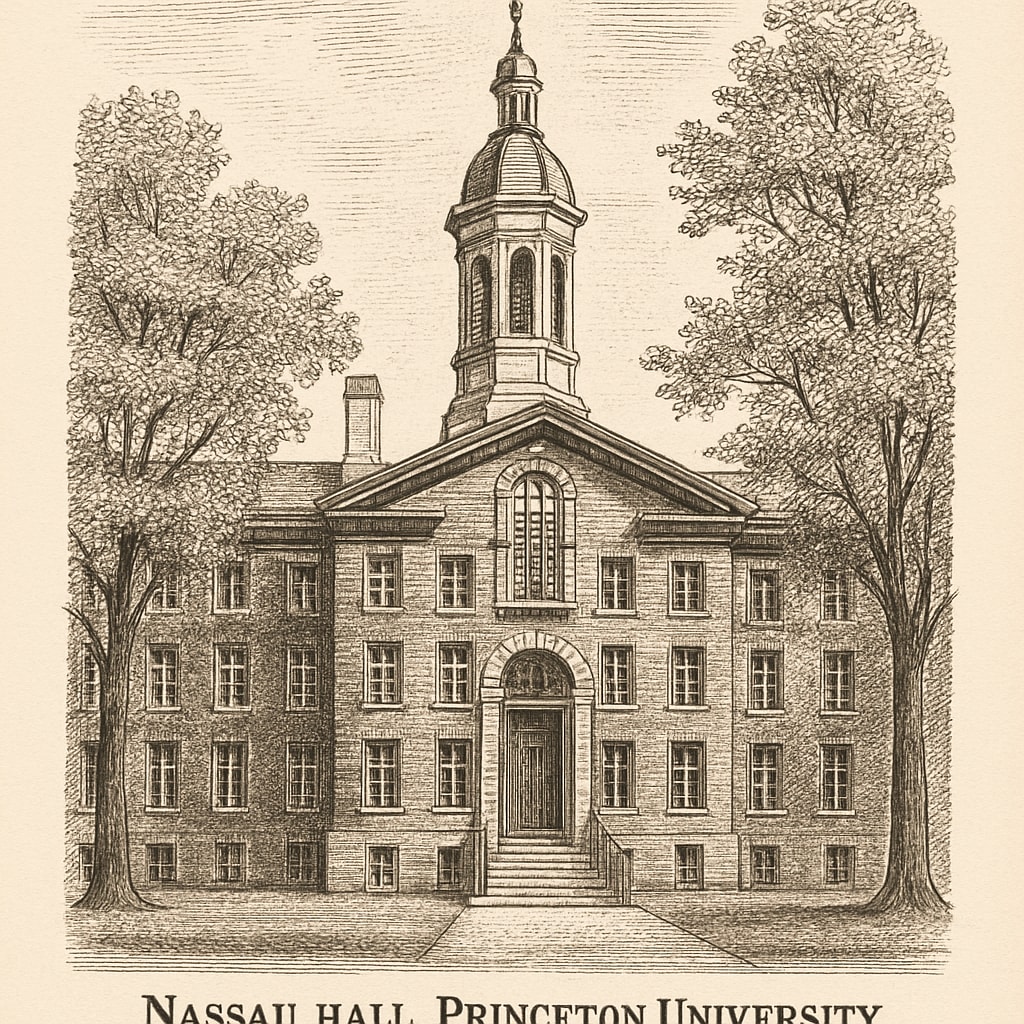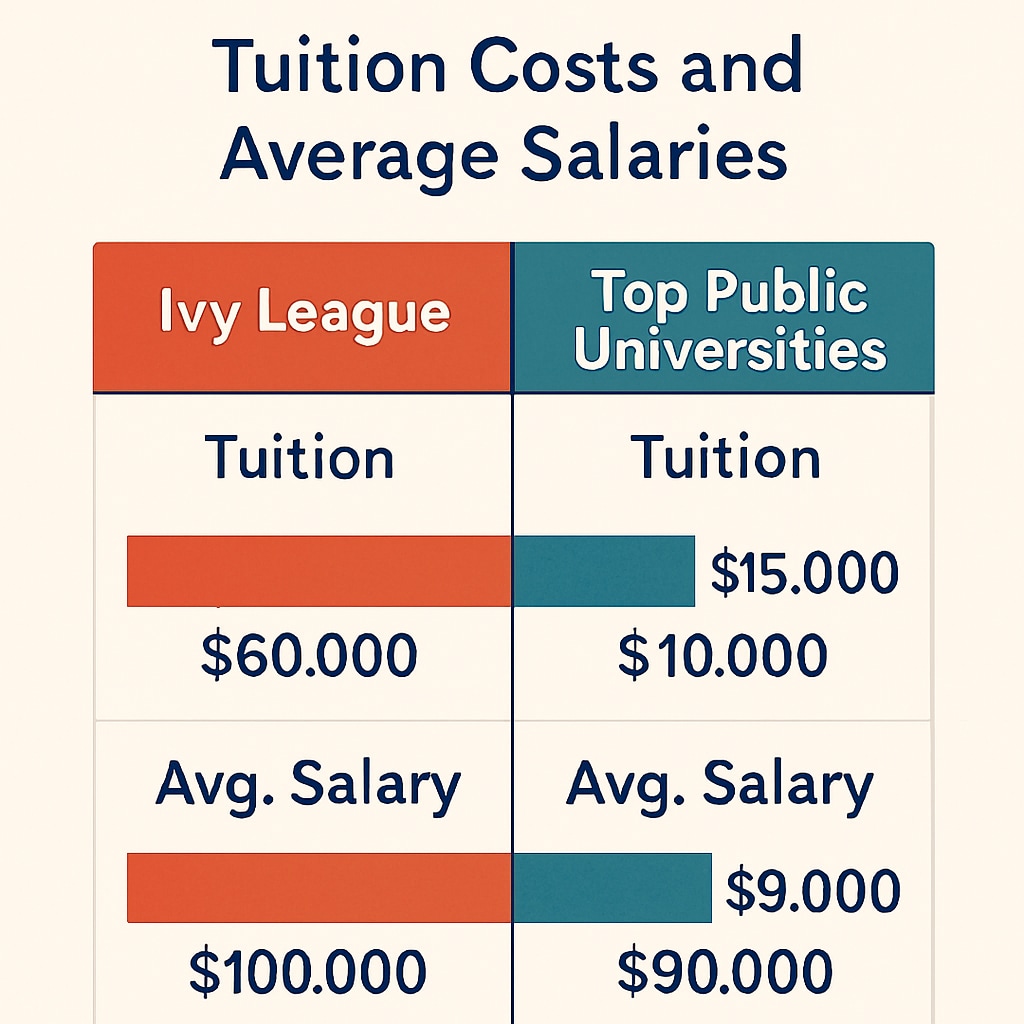For decades, Ivy League schools like Princeton University have held a mythical status in higher education, often seen as the pinnacle of academic achievement and success. However, are we overestimating their educational value? This article critically examines the reputation of Ivy League institutions, particularly Princeton, and questions whether their prestige truly reflects the quality of education they offer. We also explore how parents and students in K-12 education may fall victim to a flawed mindset that prioritizes prestige over genuine learning.
Is the Ivy League Reputation Justified?
The Ivy League, a group of eight elite universities in the United States, has long been synonymous with academic excellence, career success, and societal influence. Schools like Princeton, Harvard, and Yale boast impressive alumni networks, significant endowments, and world-renowned faculty. But does this automatically translate to superior educational quality?
Critics argue that the reputation of these institutions often rests more on their exclusivity than on the actual learning experience they provide. For instance, Princeton’s admissions rate hovers around 4%, making it one of the most selective universities in the world. This exclusivity creates an aura of unattainability and prestige, but it does not necessarily reflect the day-to-day academic and personal growth students experience.
Moreover, studies have shown that the long-term career success of graduates from Ivy League schools is not significantly higher than that of graduates from well-regarded public universities. This raises the question: Are we conflating exclusivity with quality?

The Overvaluation of Princeton and Its Peers
Princeton University, like its Ivy League counterparts, enjoys immense cultural and academic capital. Its name alone carries weight in job interviews and social circles. Yet, some argue that this reputation is overvalued. While Princeton undeniably offers exceptional resources, such as small class sizes and renowned faculty, these advantages are not unique to Ivy League schools. Many public and private universities offer similar or even better opportunities at a fraction of the cost.
For example, institutions like the University of California, Berkeley, or the University of Michigan provide world-class education and research opportunities. In addition, these schools often have a more diverse student body, which can lead to richer classroom discussions and broader perspectives. The overemphasis on brand-name institutions like Princeton may overshadow these equally valuable alternatives.
Furthermore, Ivy League schools often perpetuate a narrow definition of success. By prioritizing fields like finance, consulting, and tech, they may inadvertently discourage students from exploring non-traditional or creative career paths. As a result, students may feel pressured to conform to a specific mold rather than pursue their true passions.

The K-12 Mindset: A Flawed Approach
Parents and students often begin their Ivy League pursuits long before college applications are due. In the K-12 years, families invest heavily in test preparation, extracurricular activities, and private counseling, all with the goal of securing a spot at an elite school. This hyper-focus on Ivy League admissions can distort educational priorities and place undue stress on young learners.
Instead of fostering creativity, critical thinking, and a love for learning, this mindset encourages a “checklist” approach to education. Students are taught to view achievements as stepping stones to an Ivy League acceptance letter rather than as ends in themselves. This not only limits their intellectual growth but also sets them up for potential disappointment if they fail to gain admission.
Moreover, the obsession with prestige can overshadow the importance of finding a college that aligns with a student’s individual needs and goals. A smaller liberal arts college or a state university may offer a more supportive environment and better opportunities for personal and academic growth. Yet, these options are often dismissed in the pursuit of brand-name recognition.
Rethinking the Value of Higher Education
So, how can we move beyond the Ivy League obsession? The first step is to redefine what we mean by “success” in higher education. Instead of focusing solely on prestige, we should prioritize factors such as academic fit, affordability, and the availability of programs that align with a student’s interests and career goals.
Additionally, it is essential to recognize that the value of education extends beyond the name on a diploma. Skills like critical thinking, communication, and adaptability are far more important in the long run than the perceived prestige of a university. By shifting our focus, we can create a more equitable and meaningful approach to higher education.
In conclusion, while Ivy League schools like Princeton undeniably offer valuable resources and opportunities, their reputation may not always align with their actual educational value. By challenging the myths surrounding these institutions, we can encourage students and parents to make more informed and thoughtful decisions about higher education.
Readability guidance: This article uses short paragraphs and clear transitions to ensure readability. Key points are summarized in lists or concise arguments, and the language remains accessible while maintaining a professional tone.


